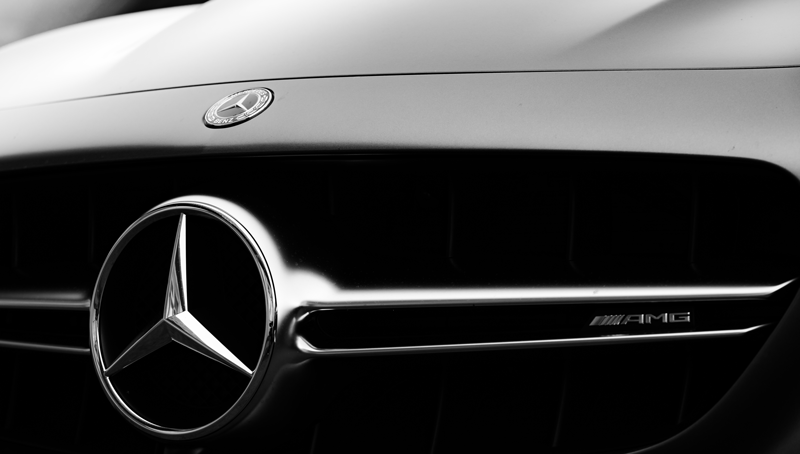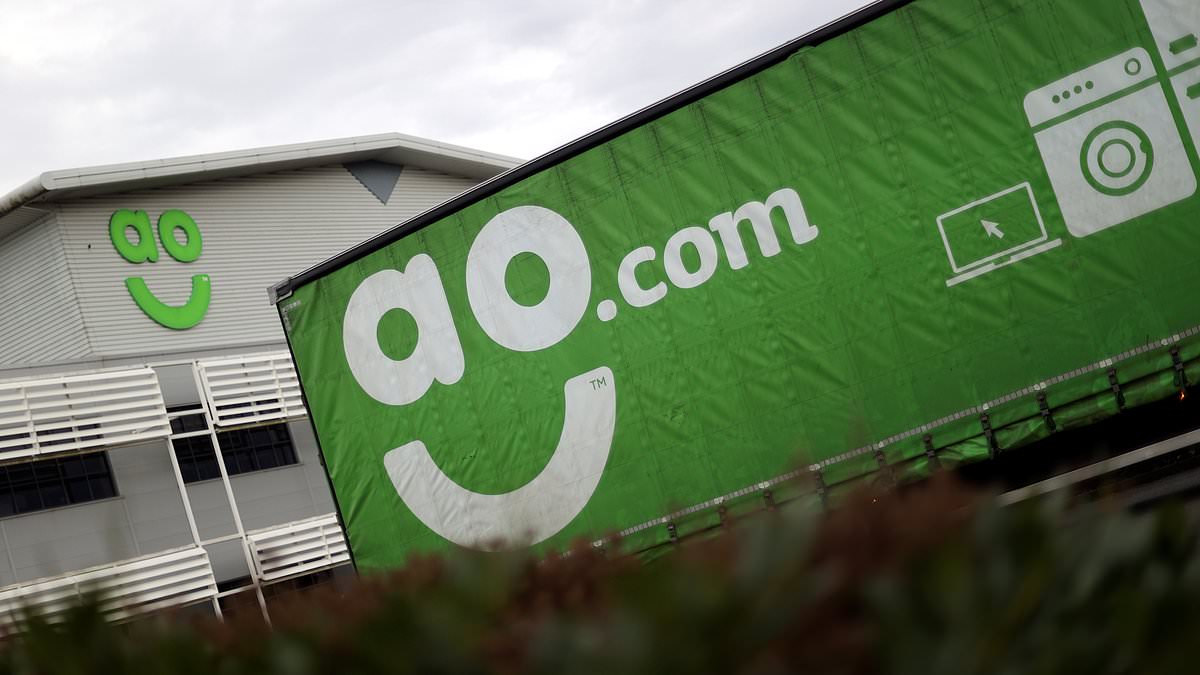By Sarah George
Copyright edie

The German automaker confirmed the inclusion of the innovative material this week, almost three years after signing a letter of intent to procure from Norsk Hydro.
Nork Hydro has recorded a 40% reduction in lifecycle CO2 emissions associated with its material, compared to the industry average.
It uses 25% recycled scrap to produce aluminium. Production happens within factories which mitigate the need for high-temperature refinement process, thereby doing away with the need for coal or other fossil fuels.
Nork Hydro uses electrolysis to refine its materials. This involves running electricity, in this case from hydroelectric plants, between a negative cathode and positive anode. The anode reacts with the oxygen in the alumina, forming solid CO2 and liquid aluminium.
The metal made for Mercedes at Norsk Hydro’s Aardal causes just 3 kg of CO2 emissions per kilogram of aluminium compared with a global average of 16.7kg, the companies said.
Mercedes-Benz’s chief technology officer for development and procurement, Markus Schäfer, said the automaker’s deal with Nork Hydro “is an important signal to accelerate change in the aluminium industry and increase the availability of low-carbon aluminium”.
The Industrial Transition Accelerator (ITA) – an initiative convening policymakers and business leaders to accelerate the decarbonisation of high-emitting sectors – recently warned that a lack of strong demand signals is now the biggest barrier to industrial decarbonisation.
The Accelerator convenes more than 450 large facilities in heavy industrial sectors like cement and steel that are keen to decarbonise.
Mercedes-Benz’s strategy
Mercedes is due to launch a hybrid-electric and pure-electric version of the CLA by the end of 2025, with customers having already placed pre-orders in the UK and other key markets.
The heritage automaker is aiming for all of its vehicles to be net carbon-neutral across their lifecycle by 2039. Electrification has been described as its “most crucial lever” in the low-carbon journey.
The company launched its first pure EVs in 2018. It had planned to offer a 100% electric and hybrid lineup from 2030, but changed track in 2024, blaming regulatory uncertainty in the UK and EU, as well as wavering consumer demand for electric vehicles (EVs).
Mercedes-Benz’s chief executive, Ola Källenius, has criticised the EU’s planned 2035 ban on new petrol and diesel cars, saying it could damage the auto industry. The UK also has a 2035 ban in place, and Labour has committed to bringing this forward to 2030.
Related article: From Tesla to BMW – which carmakers are leading the EV race?



